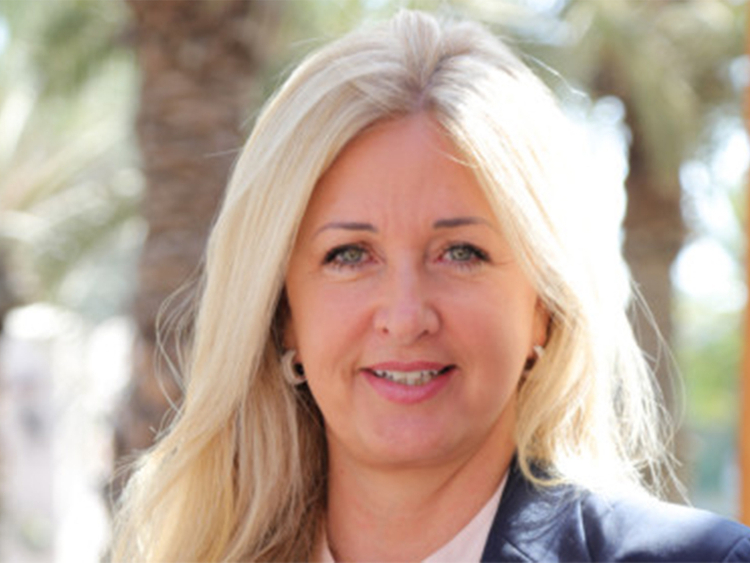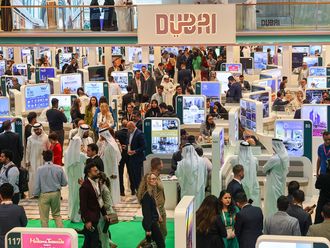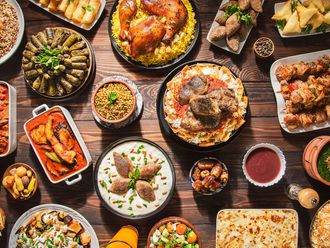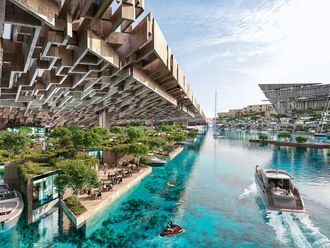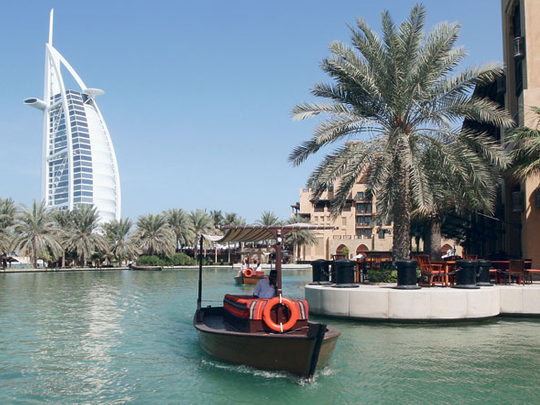
Dubai: The hospitality sector in Dubai is exposed to its surroundings, according to a senior company executive at the Jumeirah Group.
Currency fluctuations in key source markets, for example, had made it more important than ever to be competitively priced.
Doris Greif, Senior Vice President of Operations, Jumeirah Group, Middle East, Africa and South Asia, said in an interview on Monday that it was a “mega challenge” to ensure that rooms were affordable enough for customers to book repeat vacations.
“We are very dependent as a destination on what happens around us. Take the currency situations in Europe, for example. We need to watch our pricing, and remain competitive,” Greif said.
She said that the rise in visitors from China had, “to a degree”, mitigated losses from traditional feeder markets such as the UK and Russia.
“It does offset some of it. But as I said earlier, pricing is key. We cannot afford to lose key markets such as the UK or Germany, or euro currencies in general. Our occupancies have remained stable, and so have our rates,” Greif said. “But we can’t increase rates to offset any of the losses.”
Instead, the hotel operator is seeking to incentivise guests to repeat book by increasing the affordability of their stay.
“As an operator, we took the approach that what we would normally charge for a room only is now a half board arrangement, to make sure that families continue to come. That’s how we keep the occupancies at the levels they are,” Greif explained.
Half board means a room, breakfast, and either lunch or dinner, are all included in the rate.
She said she would, “of course”, like to see higher room rates, “but we also need to make sure we don’t lose regular customers.”
Since 2016 the travel industry as a whole has witnessed a slowdown, due to a strengthening US dollar (to which the UAE dirham is pegged) coupled with weaker currencies in key source markets such as Europe, the UK and Russia.
Sanctions and currency collapses
The pound sterling is currently worth around Dh4.7, following Britain’s decision to exit the European Union. Two years ago, 1 pound would buy you Dh6.
Sanctions placed on Russia in 2014 following the country’s invasion of Ukraine have contributed to a collapse in the price of the rouble, which has nearly halved in value since 2012.
Traditionally, visitors from Russia made up a large percentage of annual tourism numbers to the emirate. Crucially, too, they were among some of the highest average spenders.
A change in the UAE’s visa system this year towards Russian visitors, allowing them to get a visa on arrival, has sought to attract back some of those tourists.
“Who would’ve thought that five years ago, Russians would come to the UAE without having to apply for a visa. Yet it happened, and we saw the influx and the increase in travel out of Russia,” Greif said.
Go international
The overall strategy of the company is going abroad, according to the executive. Greif added that Jumeirah would stick to its strengths, when asked about possibly diversifying the brand in to the two- and three-star sector.
“Our priority is the five-star hotel sector, and we have a very clear focus on spreading our wings and going international,” she said.
In recent years, companies like Emaar have moved away from the luxury sector, where they operate the Address brand, in to the mid-range hotel market with their Rove hotels.


